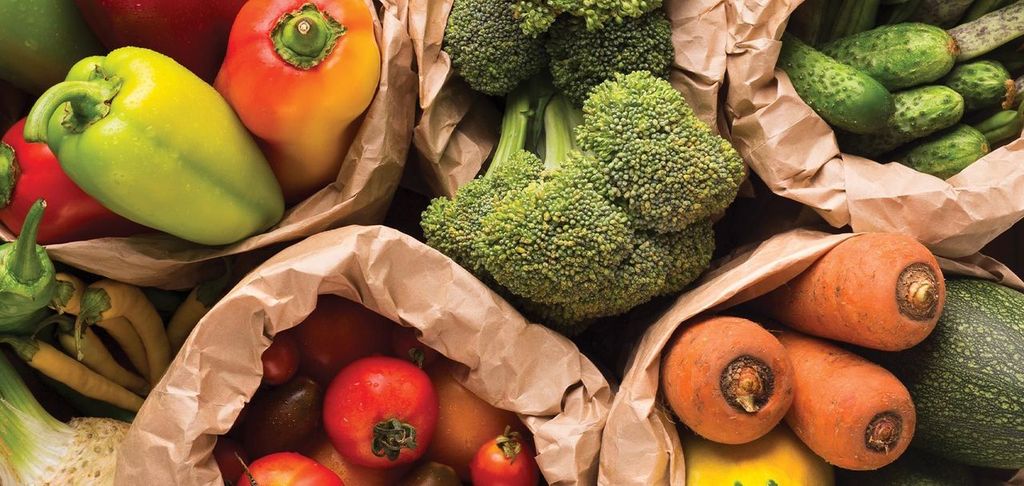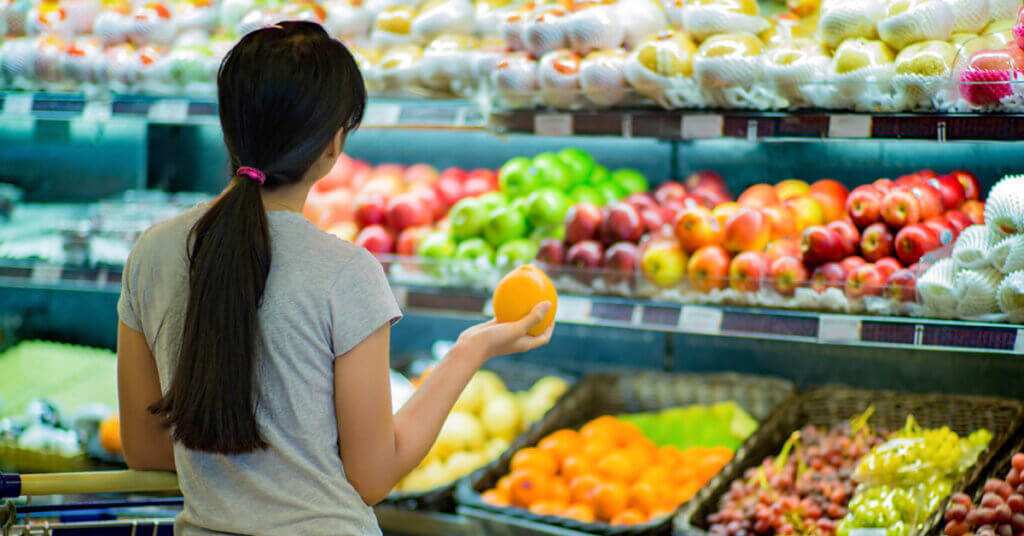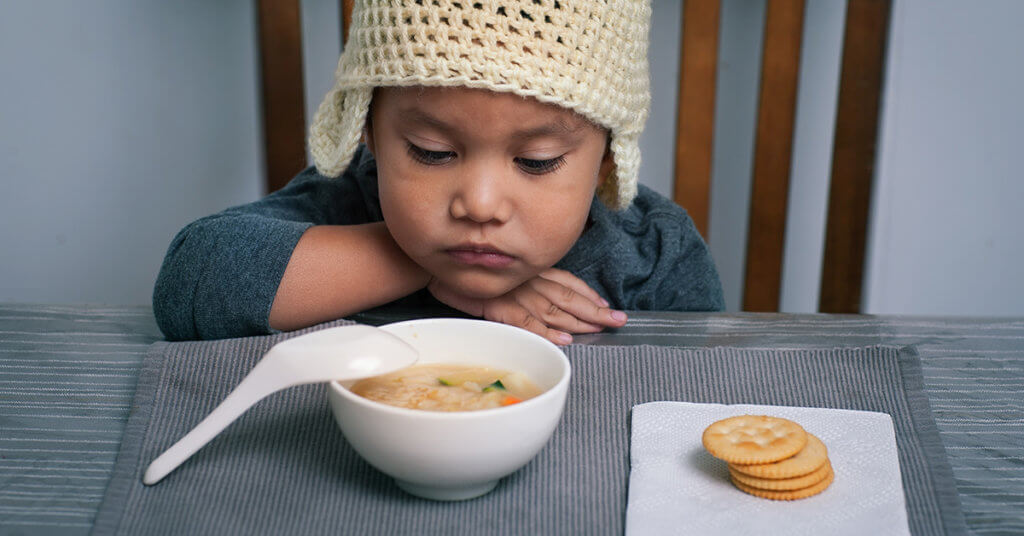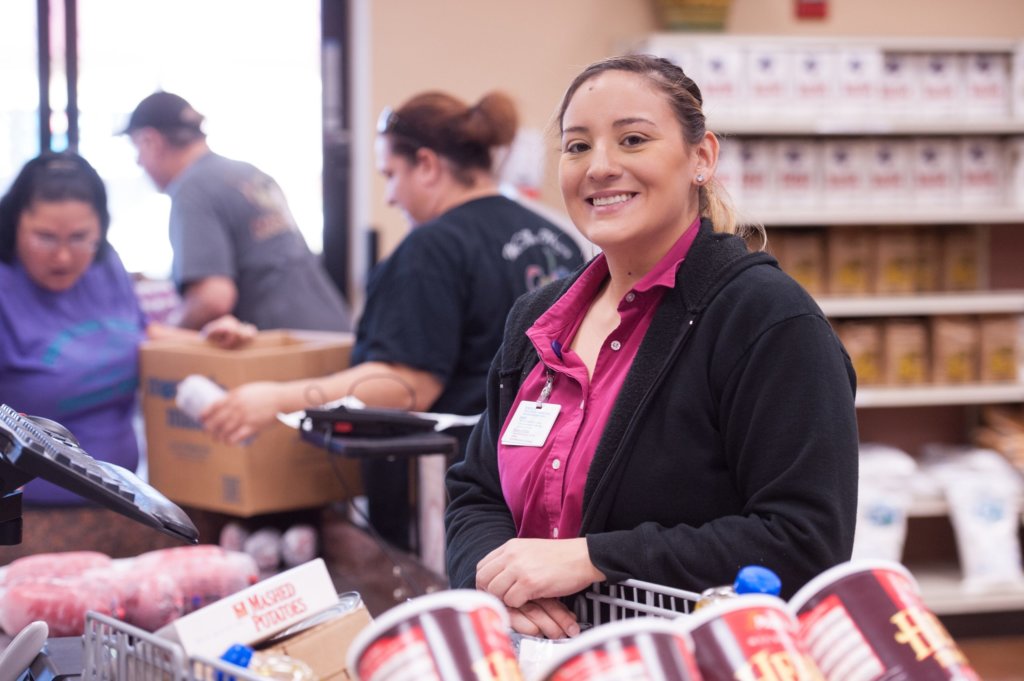Your Investment at Work
UnidosUS joins Forces with the White House to End Food Insecurity and Reduce Diseases by 2030
Food insecurity, which affects 38 million people in the United States, is also a persistent and disproportionate problem for Latino families. In the early days of the COVID-19 pandemic, it became even worse. By 2020, nearly half of all Latino households with children were food insecure— the highest percentage reported for all racial and ethnic groups.
This is a problem that can be traced back to socio-economic disparities and barriers to food assistance programs experienced by low-income Latino families. According to the USDA, more than 4 million Latinos in SNAP (Supplemental Nutrition Assistance Program) are eligible yet remain unenrolled. Additionally, WIC enrollment among eligible participants has declined over the past decade. Several barriers prevent Latino families and children from fully participating in food assistance programs available to them, including:
- Limited access to, and availability of, culturally responsive and linguistically appropriate information.
- Immigration-related concerns. Of the 18.2 million Latino children in the U.S., 95% are U.S.-born citizens. However, nearly half of these children live in mixed immigration status households, creating confusion around their eligibility.
- A significant digital divide. 35% of Hispanic adults do not have a broadband connection, compared to 20% of white adults. Latinos are also less likely to have access to computers to aid in the application process.
- Lack of transportation. Data from USDA show that “nearly one-third of SNAP recipients use someone else’s car, walk, bike, or take public transit for their grocery shopping.”
In September, the White House announced a broad set of actions to end hunger and reduce diet-related diseases for millions of Americans struggling with food insecurity and diseases like diabetes, obesity, and hypertension. UnidosUS is proud to serve as a partner in this nationwide effort and has committed to doubling the reach of our Comprando Rico y Sano program by 2030. Comprando Rico y Sano aims to reduce food insecurity among Latinos through culturally relevant nutrition education and enrollment assistance in federal food benefits across the U.S. and Puerto Rico.
Keep up with the latest from UnidosUS
Sign up for the weekly UnidosUS Action Network newsletter delivered every Thursday.
Thanks to the support from donors like you, our expanded initiative will train 1,880 new community health workers, provide nutrition education to 84,000 more people, and facilitate SNAP enrollment for roughly 232,000 more members of the Latino community.
For more information visit unidosus.org



